[zoomsounds_player type="audio" songname="Using Technology Skillfully: Resources for Translators" dzsap_meta_source_attachment_id="16185" source="https://conference.tsadra.org/wp-content/uploads/2018/05/Translators-Craft-Session-2.4-2017.96.mp3" config="example-skin-aria" autoplay="off" loop="off" open_in_ultibox="off" enable_likes="off" enable_views="off" play_in_footer_player="off" enable_download_button="on" download_custom_link_enable="off"]
Using Technology Skillfully: Resources for Translators
This special session will be of interest to translators looking to learn more about current resources available for Tibetan translation, including digital libraries, databases for canonical research, computer assisted translation tools, SmartCAT, Tibetan OCR, and other Tibetan text resources.
Resources described in the session are:
- Timeless Treasuries, a Tsadra Foundation Initiative;
- The Rinchen Terdzo Chenmo collection, a Tsadra Foundation project;
- The Damngak Rinpoche Dzo collection, a Tsadra Foundation project;
- Paul Hackett’s Columbia University Buddhist Canons Research Database;
- SmartCAT for Tibetan translators: ten minute demo from Dirk Schmidt of Esukhia;
- The Annotated Corpora of Classical Tibetan and
- A Part-of-Speech Tagged Corpus of Classical Tibetan, both from Nathan Hill of SOAS;
- Nitartha Digital Library from Lama Tenam and Gerry Wiener.
Event: TT Conference 2017 – Translator's Craft Session
Date: June 2, 2017 – 4:45 pm
Speakers: Dirk Schmidt, Gerry Wiener, Kurt Keutzer, Marcus Perman, Nathan Hill, Ngawang Trinley, Paul Hackett
Topics: Innovation, Resources, Technology, Translator
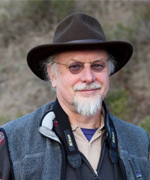
Kurt Keutzer
Berkeley
Kurt Keutzer is Professor of Electrical Engineering and Computer Science at University of California, Berkeley. Kurt received his PhD in Computer Science from Indiana University in 1984, and gained a doctoral minor in Tibetan Studies in the process. In the ensuing thirty years he has continued his studies with many Western and Tibetan scholars from all five of Tibet’s principal traditions, and produced many privately circulated translations. In 2013 he published his first serious research paper in Tibetan studies: “The Nine Cycles of the Hidden, The Nine Mirrors, and Nine Minor Texts on Mind: Early Mind. Section Literature in Bon”, in Revue d’Etudes Tibétaines. Kurt is currently working to develop a robust optical character recognition software for Tibetan script, and is generally quite delighted to have the opportunity to unite and engage his diverse research interests in service of the preservation of Tibetan literature.
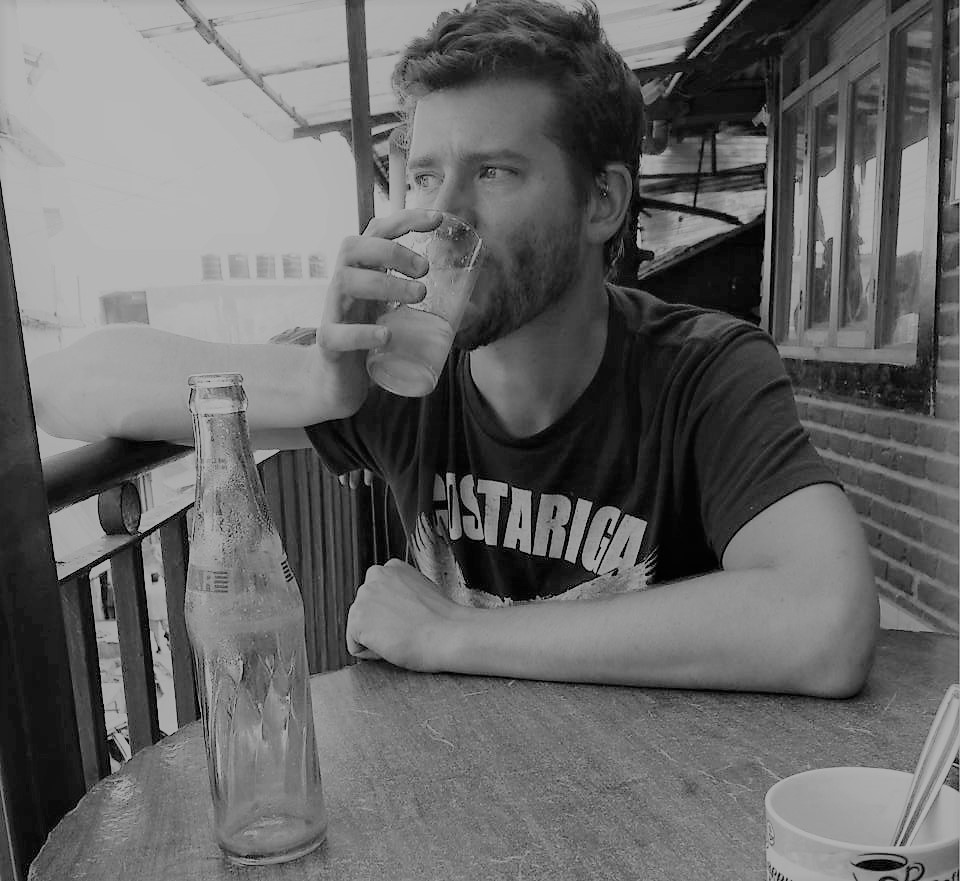
Dirk Schmidt
Esukhia
Dirk Schmidt is a researcher at Esukhia. His focus is applied linguistics for Tibetan language education.
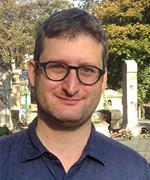
Nathan W. Hill
SOAS, London
Nathan W. Hill was educated at the Catlin Gabel School and Harvard University. At SOAS he teaches courses in historical linguistics and well as Tibetan language and history. Dr. Hill’s research focuses on Tibetan literature and Tibeto-Burman/Sino-Tibetan historical linguistics. In particular he has published on Old Tibetan descriptive linguistics, Tibetan corpus linguistics, Tibeto-Burman reconstruction and comparative linguistics, and the typology of evidential systems. He is currently one of three principal investigators on Beyond Boundaries: Religion, Region, Language and the State, a six-year international research collaboration jointly led by SOAS, the British Museum, and the British Library, funded by the European Research Council. He was co-investigator on Tibetan in Digital Communication: Corpus Linguistics and Lexicography (2012-2015).
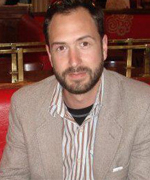
Marcus Perman
(Tsadra Foundation)
Marcus Perman is the Director of Research at Tsadra Foundation, a nonprofit trust established to provide vital funding for the combined study and practice of Tibetan Buddhism in the west. Marcus graduated from St. Lawrence University with honors in Psychology and Philosophy and graduated from Naropa University with an MA in Indo-Tibetan Buddhism, focusing on Tibetan and Sanskrit languages. He studied extensively at Nitartha Institute and from 2007 to 2008 he studied at Tibet University in Lhasa. Marcus has been developing a specialized library for Tibetan Buddhist translators in Boulder, Colorado and is the organizer of the Translation & Transmission Conference series.

Paul Hackett
Columbia University
Paul G. Hackett holds a PhD and MPhil from Columbia University, a MLS from the University of Maryland at College Park, a MA from the University of Virginia, and a BS from the University of Arizona. He specializes in canonical Buddhist philosophy and Tibetan culture, as well as their influence on alternative religion in America. He is also active in the field of Digital Humanities, is the director of the Buddhist Canons Research Database, and serves as co-chair of the Tibetan Information Technology and Digital Humanities Panel of the International Association for Tibetan Studies. He is the author of “A Tibetan Verb Lexicon,” “A Catalogue of the Comparative Kangyur,” and others, and is one of the primary translators of the Guhyasamāja Tantra (with Candrakīrti’s commentary, the Pradīpoddyotana) under a grant from the National Endowment for the Humanities.

Ngawang Trinley
Esukhia
Ngawang was born in 1986 in Nyima Dzong Buddhist center in France. In 2002 he moved to Asia to study Tibetan and studied at Shechen Shedra, as well as undertaking dkar rtsis studies at Sherabling. He has been studying Tibetan Medicine since 2008. In 2011 he started Esukhia in France, and then in 2012 he started Esukhia in India. Esukhia is a registered NGO dedicated to the preservation of the Tibetan language through education, language services, and research & development. He has translated bkra shis chen po’i mdo.
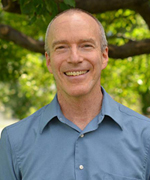
Gerry Wiener
Nitartha Translation Network, NTC
Gerry has been studying Tibetan since 1974, mostly in Boulder, Colorado. The Sambhota suite of fonts were designed by Gerry and he has worked on a number of digital projects including the Nitartha Digital Library. His main teachers are Trungpa Rinpoche, Ponlop Rinpoche, Khyentse Rinpoche, Dudjom Rinpoche, HH Karmapa, Khenpo Palden Sherab, Ringu Tulku, Thrangu Rinpoche, and Khenpo Gawang Rinpoche. He has translated The Excellent Path to Enlightenment and Essential Instructions on the Three Virtues of the Ground, Path, and Fruition of Resting in Mind Itself, the Great Completion by Longchenpa.
